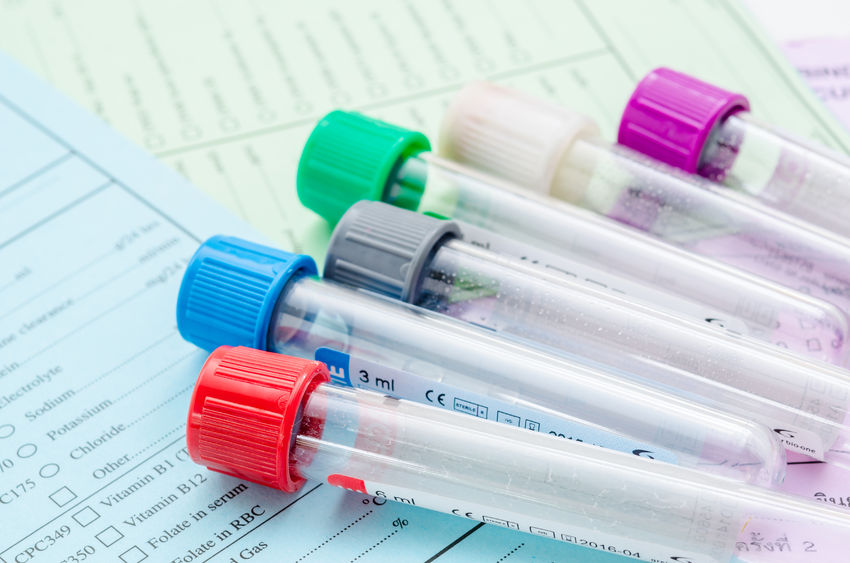
Alpha 1 Glycoprotein
Also known as Alpha 1 Glycoprotein BloodWhat is this test?
Alpha-1-Acid Glycoprotein Test measures the amount Alpha-1-Acid Glycoprotein (AGP) in the blood. This test is used in the assessment of acute infections and inflammatory conditions. It also helps in the diagnosis and monitoring of inflammatory bowel disease and certain liver diseases.
What is Alpha-1-Acid Glycoprotein?
Alpha-1-Acid Glycoprotein (AGP) or Orosomucoid belongs to the group of proteins called Alpha1-globulin group. AGP are proteins that are produced in the liver cells and secreted into the blood. These proteins are the immune response modifiers. It is naturally produced within the body and can either enhance an immune response or suppress it. The levels of these proteins may arouse in response to an infection of inflammation in the body. AGP also act as a carrier of many medicines such as steroids, propranolol, imipramine, quinidine, etc.
Why this test is performed?
This test is one among many tests used to the assessment of acute infections and inflammatory conditions. Your doctor may ask to perform this test if you have an inflammatory disorder or if you experience any signs and symptoms of an inflammatory disorder such as pain, redness, swelling etc.
You may also be advised to perform this test if your doctor suspects any acute infections or if you experience any signs and symptoms of infections such as fever, chills, nausea, vomiting, diarrhea, etc. Few more additional tests may also be performed along with this test to assess the exact cause of infection.
This test is recommended in the diagnosis and monitoring of inflammatory bowel disease. Your doctor may ask to perform this test if you have an inflammatory bowel disease or if you experience any signs and symptoms of inflammatory bowel disease such as abdominal pain, fever, fatigue, weight loss, diarrhea, etc.
This test is also performed if you have an existing liver disorder or if you experience any signs and symptoms of jaundice such as yellowing of skin or eyes, dark colored urine, nausea and/or vomiting, itchy skin, lack of energy, pain and swelling in the abdomen etc.
Test Preparation
Inform your doctor if you are on any medications, have any allergies or underlying medical conditions before your Alpha 1 Glycoprotein. Your doctor will give specific instructions depending on your condition on how to prepare for Alpha 1 Glycoprotein.
You may need to fast (not eat or drink) for about 8 to 12 hours before the test. However, follow all the instructions given by your healthcare provider.
Understanding your test results
If the test results fall in the normal reference range generally no medical intervention is necessary.
If the test result shows low AGP levels than the normal range in the blood may indicate chronic liver disease. An individual with hepatocellular jaundice (a liver disease) may also have low AGP levels in the blood. Women who are pregnant may also have low AGP levels in their blood.
If the test result shows high AGP levels than the normal range in the blood may indicate infections or inflammation such as HIV, viral hepatitis B or C, inflammatory bowel disease or immune disorders such as rheumatoid arthritis. Increased AGP levels in some individuals may also be a sign of certain types of cancer such as Hodgkin's disease, multiple myeloma, or malignant lymphoma. If you get abnormal test results it can be due to dehydration, or use of certain medicines.
If you have higher or lower than normal levels of AGP in blood consult your doctor for further instructions. Based on the test results, your doctor may advise appropriate medical treatments, lifestyle modifications, or further diagnostic tests.
| Gender | Age groups | Value |
| UNISEX | All age groups | 0.6 - 1.2 mg/ml |

